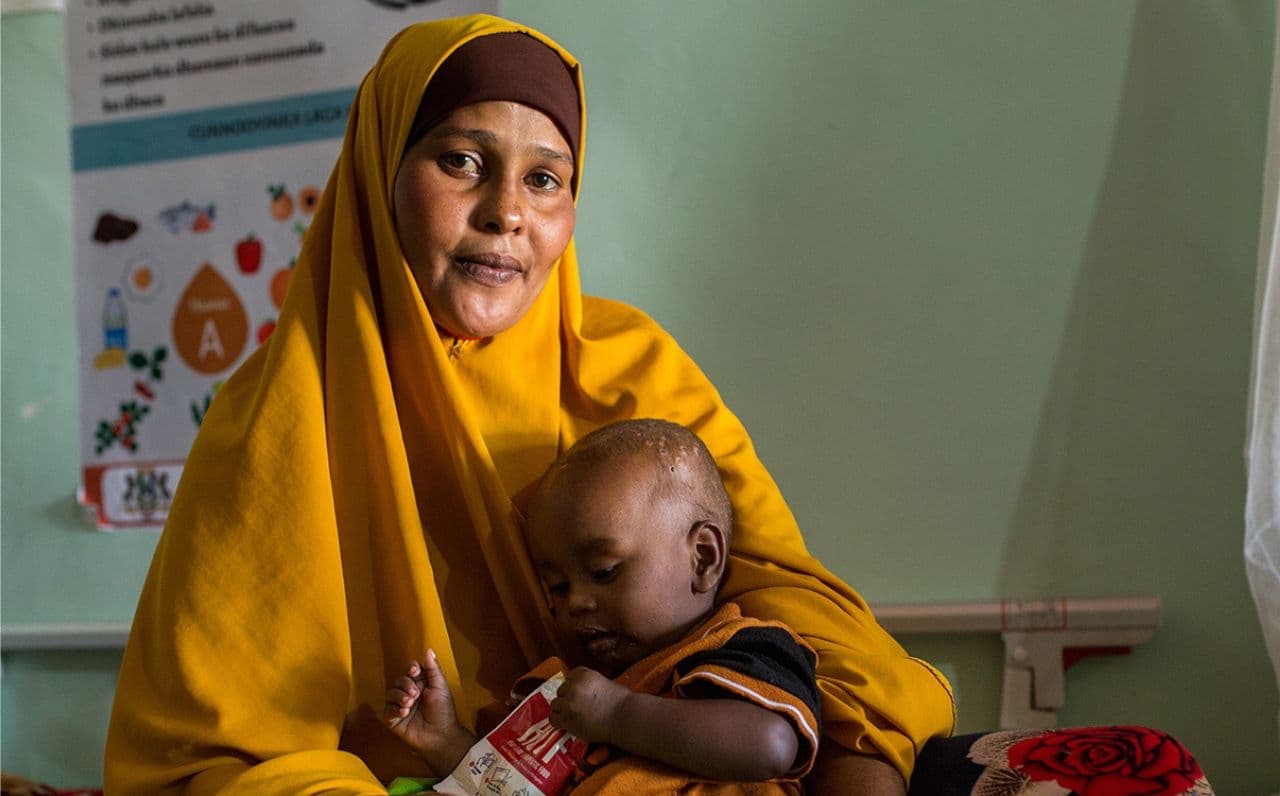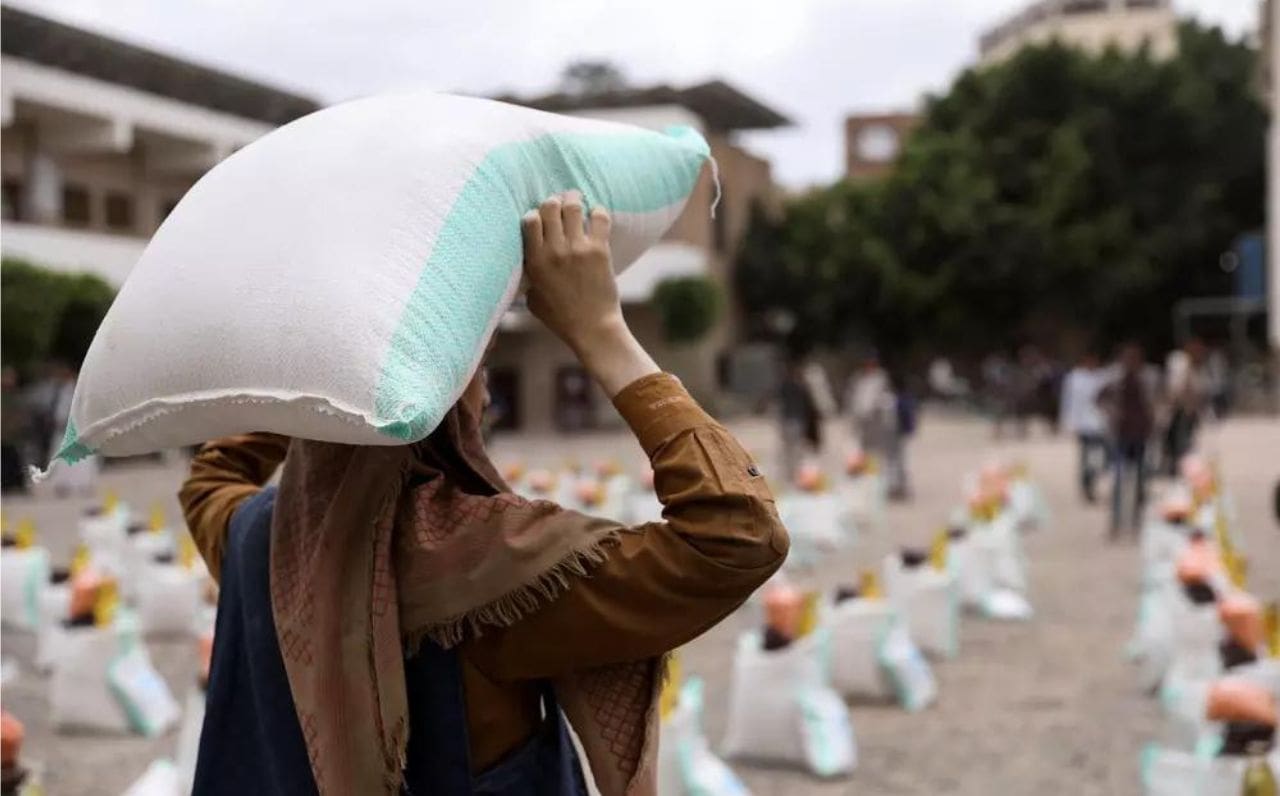Mental health in Yemen
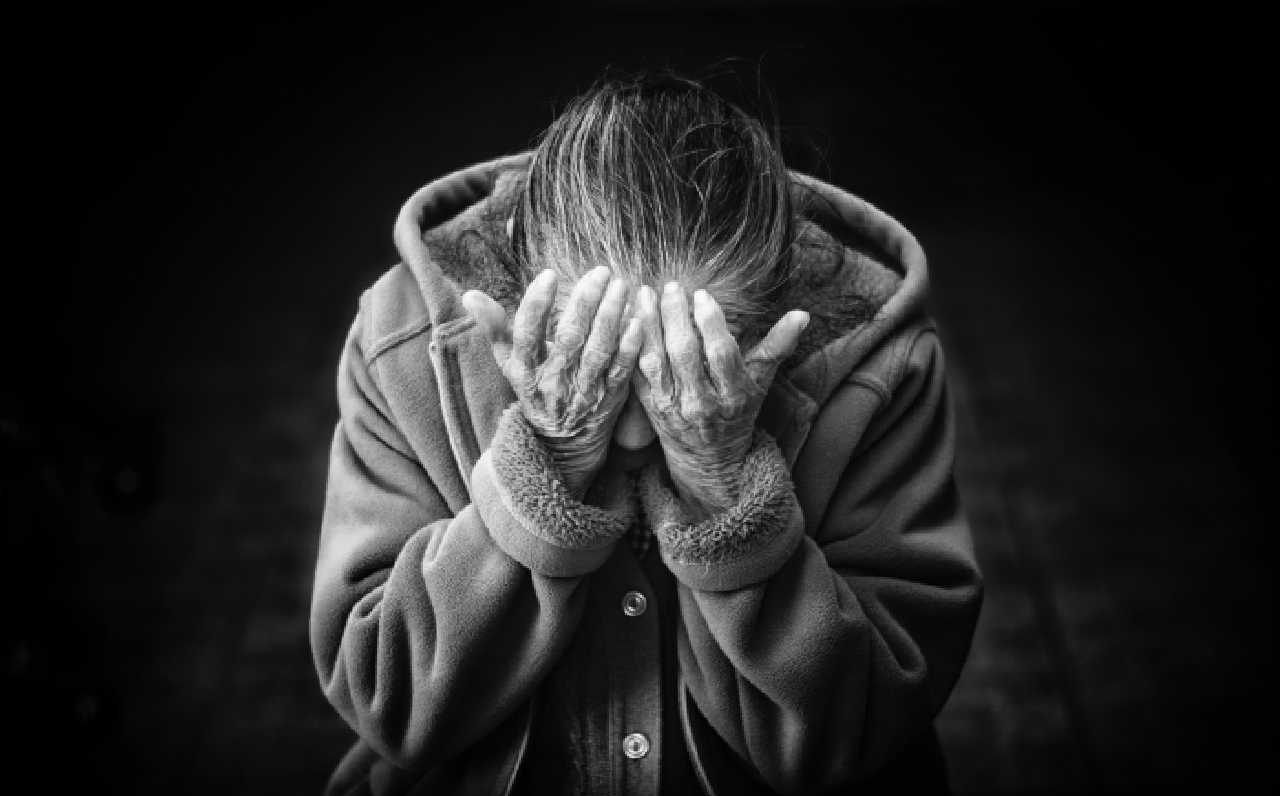
The rise of severe mental health conditions in Yemen.
Now in its seventh year, the crisis in Yemen is no longer headline news. But the conflict continues to have a devastating impact on people’s wellbeing, and on their mental health in particular.
In Hajjah, where our teams have found a high need for mental health services, we hear from our mental health manager, Antonella Pozzi, about the complex needs in the region.
What is happening now in Yemen?
The crisis in Yemen has been going on for more than six years, but it’s no longer a top story in the headlines. Fortunately, in Hajjah governorate we see fewer casualties as a result of fighting compared to the early days of the conflict. However, the war is not over. There are of course still conflict-related deaths in the country. What doesn’t usually receive attention, though, is the impact that this conflict has had on people’s wellbeing, and their mental health in particular.
What kind of mental health issues does MSF see?
The range of conditions that we treat is very large; there are people suffering from anxiety and insomnia, and then we see patients presenting with severe pathologies such as psychosis, depression, bipolar disorder and post-traumatic stress disorder (PTSD).
We regularly see patients following suicide attempts. A suicide attempt can be provoked by a variety of circumstances. Severe symptoms of psychosis can manifest as auditory hallucinations that tell the patient to hurt him or herself, or a patient might be suffering from severe depression.
Why are so many people suffering from mental health conditions?
Mental wellbeing is very much affected by external factors. The more intense someone’s circumstances are, the more their wellbeing will be impacted. Living in a context of war means being exposed to constant stress for a long period of time. Armed conflict in Yemen has not only affected people’s physical health: it has reduced their access to healthcare, education, and food, it restricts their freedom of movement and denies them the freedom to express themselves. This creates serious mental health disorders.
Because of the war, people in Hajjah are accustomed to high levels of violence. People here are very resilient and their tolerance to adverse circumstances is very high. This means that they arrive at mental health consultations only if a mental health issue has become very obvious and disruptive to the patient and his loved ones. For instance, a family might only become alarmed and seek help when a patient is at the point of becoming agitated or paranoid and is threatening to hurt others.
The war and the lack of mental health services in the area has increased the prevalence of these sorts of conditions. In March, June, and July of this year, more than half of new patients seeking help at the MSF clinic presented with severe mental health disorders.
What can be done to improve the situation in Hajjah?
It is essential to try to help people understand what mental health conditions are, and how to recognise them. This would give patients and their families at least some of the tools to handle severe conditions. In the case of psychotic patients presenting severe signs of agitation, the families often have to resort to chaining them, sometimes with fixed chains that patients wear for days or weeks, to deal with their crisis.
When asked about these methods, the families clearly explain that they do not know how to handle their loved ones in moments of severe aggressiveness and agitation, when they pose a danger to those around them, so they apply these measures. Even if we empathise with the family’s need to control the symptoms, we have to take into account that these measures are extreme and in violation of basic human rights. This is one of the reasons why it is paramount to work on mental health awareness, so that when they face these types of symptoms families know where to turn to for professional help.
Lack of awareness and stigma are two sides of the same coin. Lack of awareness leads to stigma, discrimination, and segregation, and this leads to people hiding their conditions, increasing their suffering and isolation. This is particularly the case for women who are discouraged from sharing their feelings and from speaking up about their psychological struggles. In many cases this leads to severe states of depression.
source & credit: MSF
Photo by Danie Franco on Unsplash
Middle east

2021 Nov 11
Middle east

2024 Dec 10
Africa

2024 May 10
Threats against Christians in Australia increase
International, Americas

2024 Apr 16
Increasing Arrests and Faceless Victims Revealed in Latest Findings.
Middle east

2024 Feb 23
SimilarNews
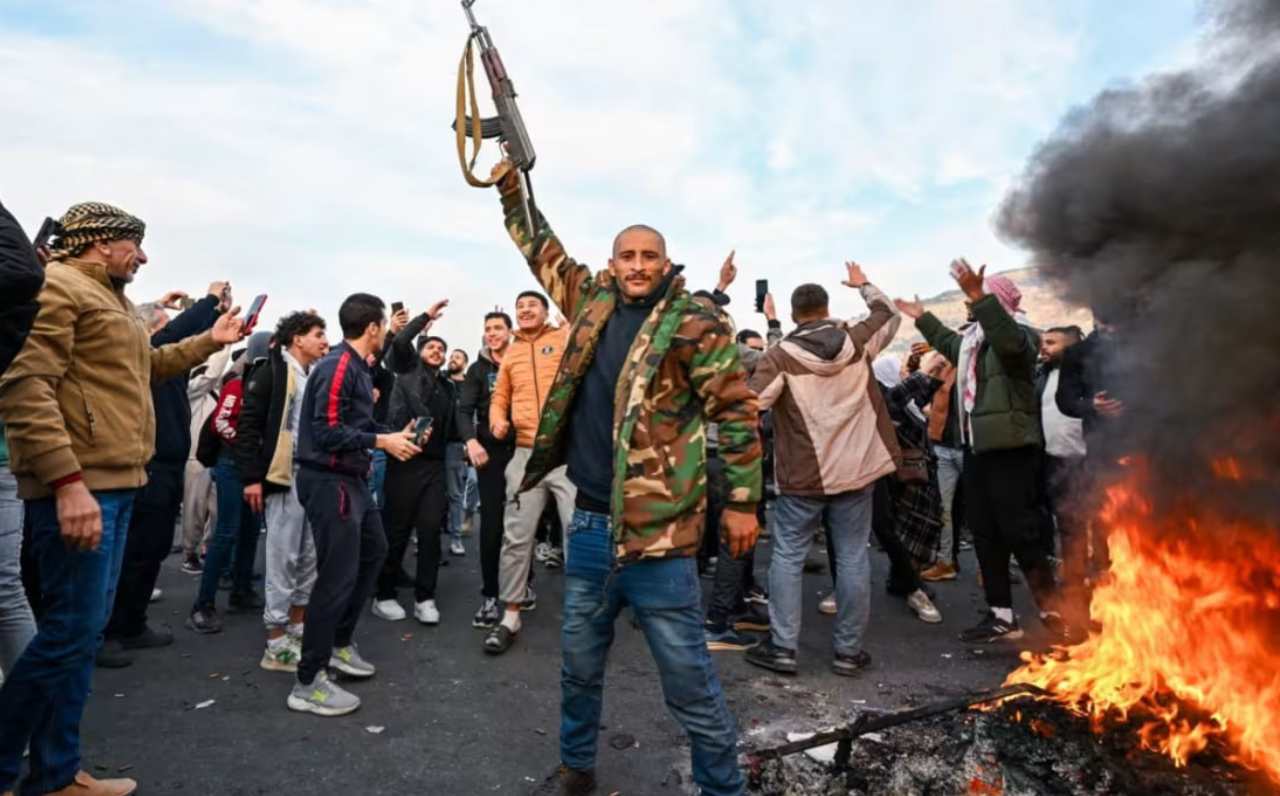 Syrian Christians Face Persecution
Syrian Christians Face Persecution Rebel Takeover Sparks Fear for Minority Groups.
Middle east

2024 Dec 10
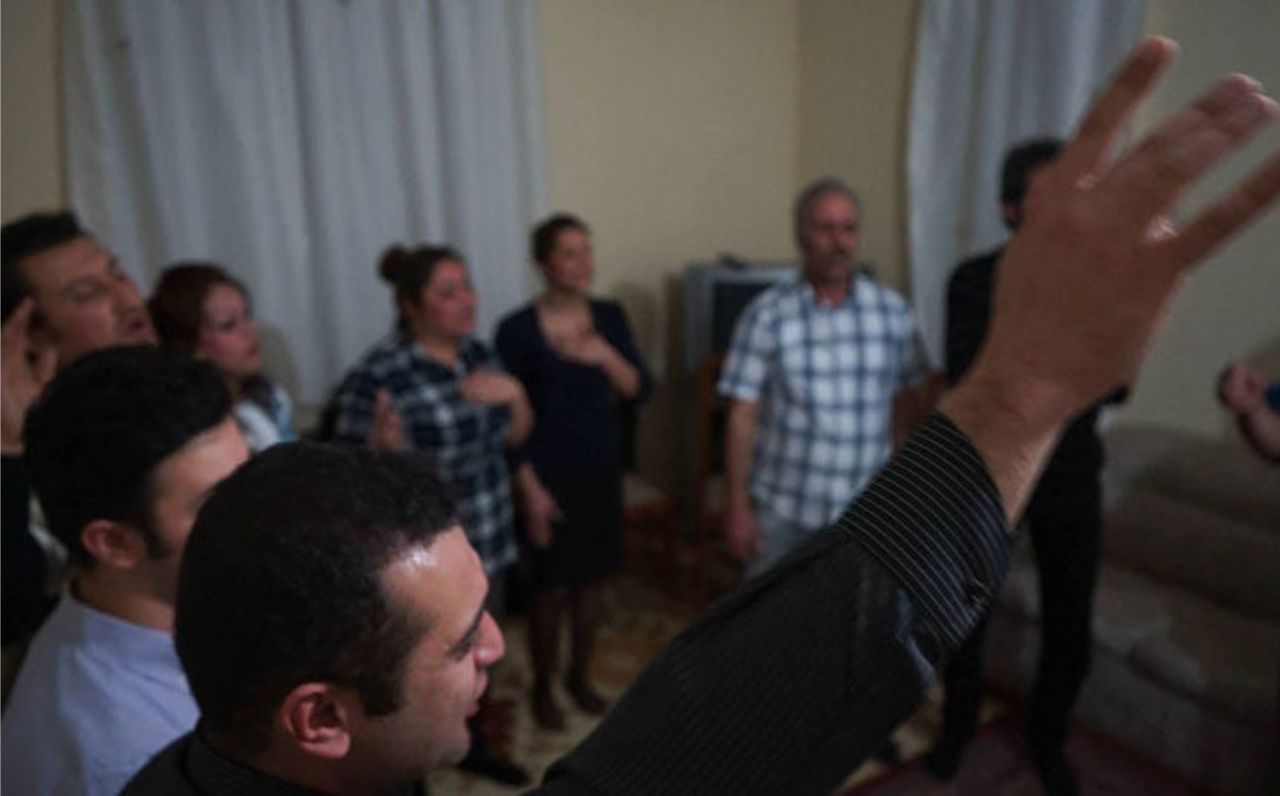 Report Highlights Rights Violations Against Christians in Iran
Report Highlights Rights Violations Against Christians in Iran Increasing Arrests and Faceless Victims Revealed in Latest Findings.
Middle east

2024 Feb 23
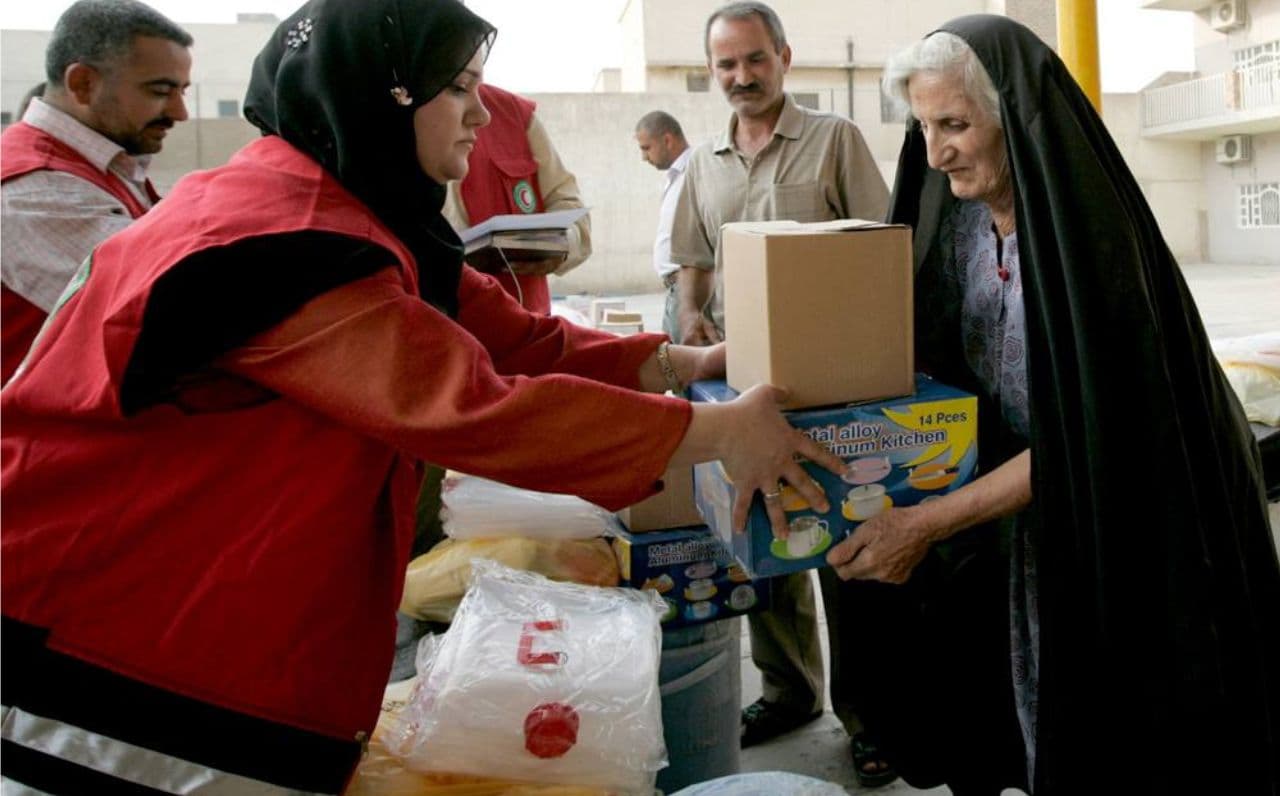 Coalition Strengthens Aid Efforts for Displaced Christians in Iraq
Coalition Strengthens Aid Efforts for Displaced Christians in Iraq Uniting to Provide Crucial Assistance Amid Ongoing Challenges.
Middle east

2024 Feb 19
Slavery Grips Pakistan's Christian Minority.
Middle east

2024 Jan 27
Concerns about the detrimental impact on civilians and IDPs.
Middle east

2024 Jan 26
